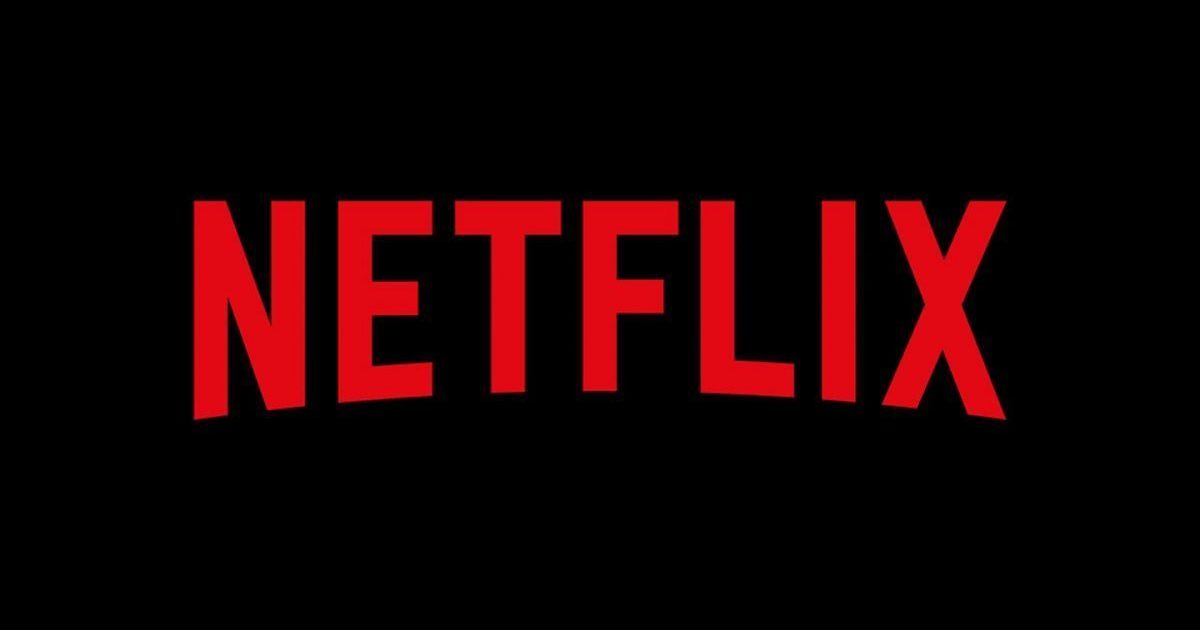Streaming giant Netflix is losing more long-term subscribers, according to new research. As per a note to shareholders, the company lost 200,000 subscribers last quarter and is predicted to lose an estimated two million in this current quarter.

Streaming giant Netflix is experiencing a dip in subscribers
According to data brought forth by research firm Antenna to The Information, users who had been subscribers for more than three years accounted for 5% of total cancelations at the start of this year. However, the number quickly rose to 13% in the first quarter. Long long-term subscribers accounted for 6%. Users who subscribed to the service for less than one year made up 70%.
Newbie subscribers, meantime, accounted for only 60% of cancellations in the quarter, down from 64% in the fourth quarter. Also in the first quarter, overall cancellations rose to 3.6 million people, compared with around 2.5 million in each of the preceding five quarters. Antenna says it draws its data from a panel of 5 million Americans who anonymously contribute their streaming subscriptions.

Though Netflix is losing subscribers, the streaming market continues to gain subscribers and remains intact. The data suggests that the streaming giant is continually losing subscribers due to increasing the cost of its subscription plans bringing its basic plan to $9.99/ month (from $8.99), its standard plan to $15.49/ month (from $13.99), and its premium tier to $19.99/ month (from $17.99).
“Consumers vote with their wallets on a monthly basis, and now there are just more viable candidates on the ballot,” said Brendan Brady, media and entertainment lead at Antenna. Also, since many entertainment companies, like NBCUniversal and Disney, have pulled their shows off Netflix and put them on their own services, Netflix has had to rely more on its originals, which have been hit or miss, he said.
The data also shows that during the first four months of 2022, Paramount+, Peacock, and Disney+ were the most popular streaming services for new subscribers. This could be because Paramount+ and Peacock are affordable compared to competitors.
Read more: